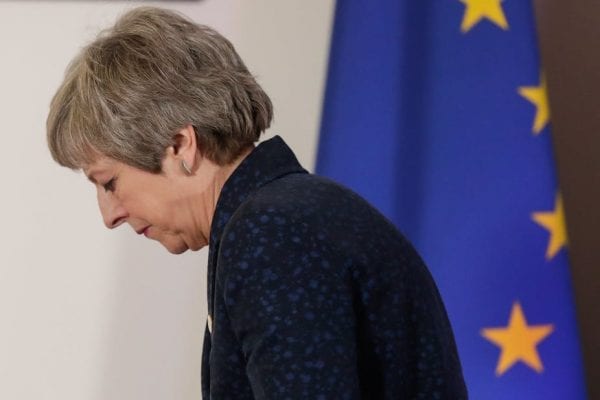The UK didn’t need the EU to enjoy multiculturalism – quite the reverse
Category Archives: brexit
A Moment of Opportunity? Britain and the Maritime Security Challenge
On 28 February 2020, SafeSeas hosted an IdeasLab in Bristol on UK maritime security after Brexit, with the kind support of PolicyBristol, Migration Mobilities Bristol, and the Bristol Global Insecurities Centre. Titled ‘Securing Britain’s Seas’, the goal of the day was to ask how maritime insecurities and blue crimes impact on UK interests, explore how current governance arrangements work in response to these, and consider how these may be challenged and transformed both by a rapidly changing security environment and the challenges of Brexit.
Revoke Article 50 petition: largely Remainers signing – but there’s a surprising twist
Image credit: PA/Aaron Chown
Ron Johnston, University of Bristol; Charles Pattie, University of Sheffield, and David Manley, University of Bristol
Not surprisingly, much public attention has been given to the online petition asking parliament to revoke Article 50 so that the UK will remain within the European Union. It attracted more than 5m signatures within a week of being launched, making it the most signed petition since the government’s e-petition site began. It crashed the system multiple times over the course of the first few days. Continue reading
Brexit extended to October 31: why the EU chose a six-month reprieve for its awkward partner
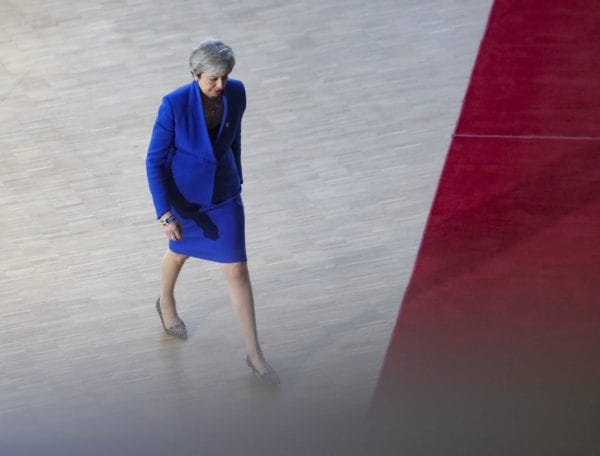 Theresa May has been granted a Brexit ‘flextension’ until the end of October. EPA/Olivier Hoslet
Theresa May has been granted a Brexit ‘flextension’ until the end of October. EPA/Olivier Hoslet
Nieves Perez-Solorzano, University of Bristol
In another Groundhog Day experience, and at the end of a difficult seven-hour meeting, the EU27 has agreed to give the UK until October 31 2019 to ratify the withdrawal agreement. The bloc has, however, attached three very specific conditions to this offer.
Should the UK and EU ratify the withdrawal agreement before October 31, the UK would exit the EU on the first day of the following month – hence why it is being dubbed a “flextension”. Continue reading
Brexit deadline extended: why Brussels chose these dates and what happens now
Nieves Perez-Solorzano, University of Bristol
The 27 members of the European Union have responded to Britain’s request to extend the Brexit process with two deadlines, having agreed that the original Brexit date of March 29 is no longer feasible. Continue reading
Brexit and migration: our new research highlights fact-free news coverage

Denny Pencheva, University of Bristol
Immigration anxieties played a significant role in British people’s decision in June 2016 to vote to leave the EU. This has fuelled a debate over the quality of media reporting on migration issues. Continue reading
The 1960s GOP show how tactical extremism can salvage a party’s electoral fortunes
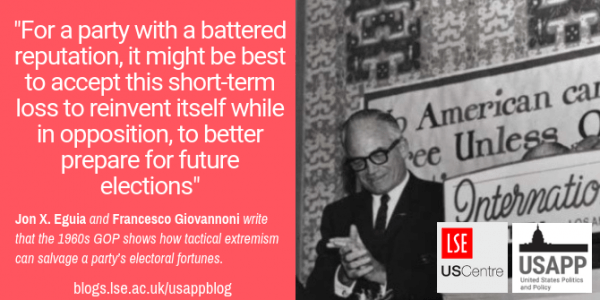

Credit: Reagan Presidential Library [Public domain], via Wikimedia Commons
The rise of Trump and Brexit has reminded that we are never too far away from the politics of extremes. But these sorts of trends are nothing new, argue Jon X. Eguia (left) and Francesco Giovannoni (right). Looking back to the Republican Party of the 1960s, they write that a political party that faces poor public opinion can improve its fortunes by dramatically reinventing itself and proposing a radical alternative to voters.
Continue reading
Brexit: how article 50 could be extended to delay UK’s departure from the EU
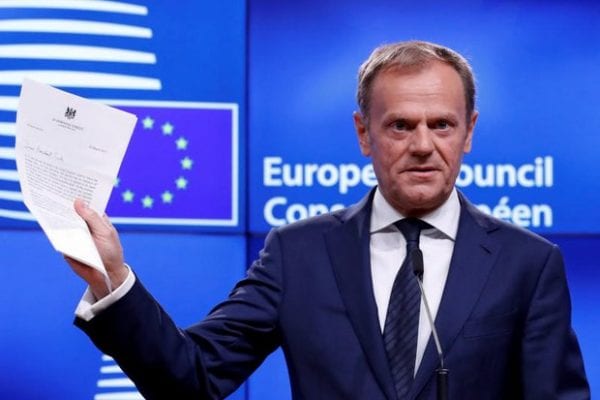
Image Credit: The Bangkok Post
Phil Syrpis, University of Bristol
In the aftermath of the crushing defeat of the government’s Brexit plan in the House of Commons, the question on everyone’s lips is “what next?” Opinion is divided: some say the UK is now heading for “no deal”, others for “no Brexit”. Continue reading
Brexit Groundhog Day as EU leaders stand firm in face of British political stalemate
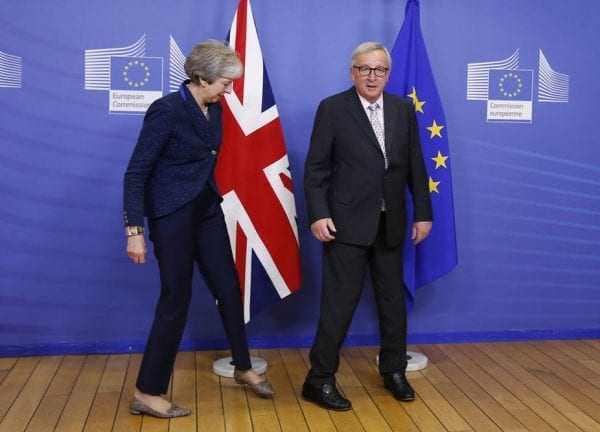
Julien Warnand/EPA
Nieves Perez-Solorzano, University of Bristol
As the December European Council drew to an end, EU leaders must have felt that they were living their own Brexit Groundhog Day. As has become the norm since the Brexit negotiations began in March 2017, the European Union is faced with a British government in crisis. Continue reading
A call for the revocation of Article 50
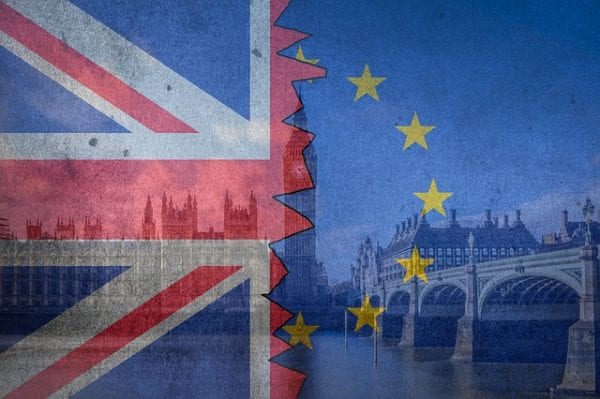 By Phil Syrpis, University of Bristol
By Phil Syrpis, University of Bristol
Whisper it gently, but a solution to the Brexit riddle seems to be coming into view. Westminster has yet to see it, but it will not be long now (famous last words…) before the reality becomes impossible to avoid. March 2019 will be upon us very soon. Unless *something* is agreed the UK will leave the EU on 29 March with no deal. Continue reading



